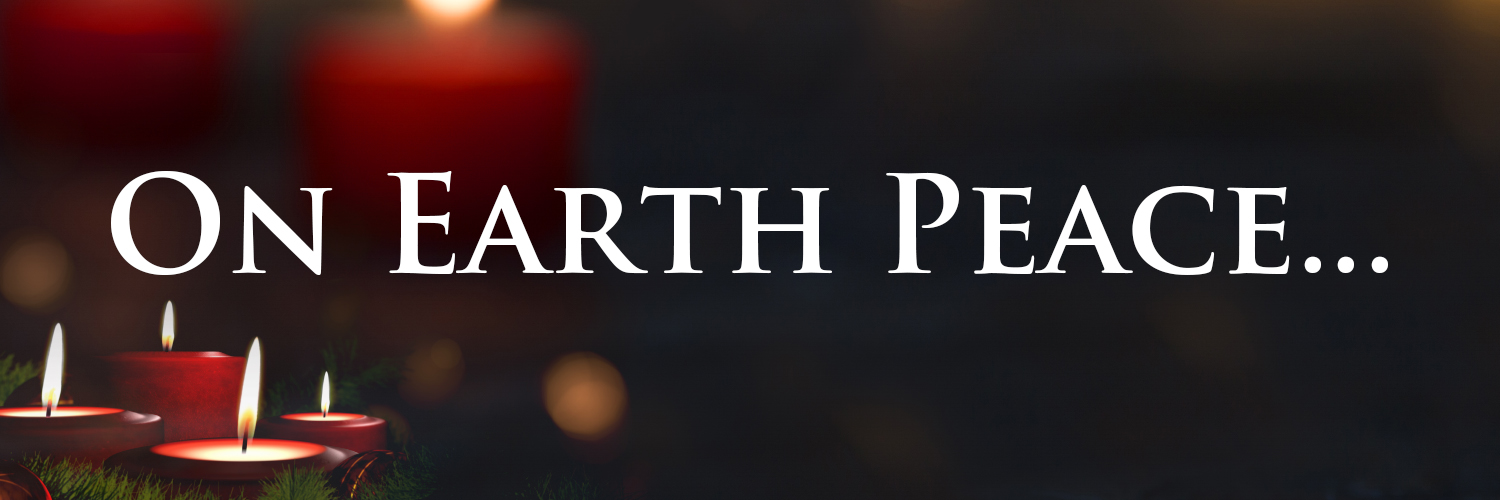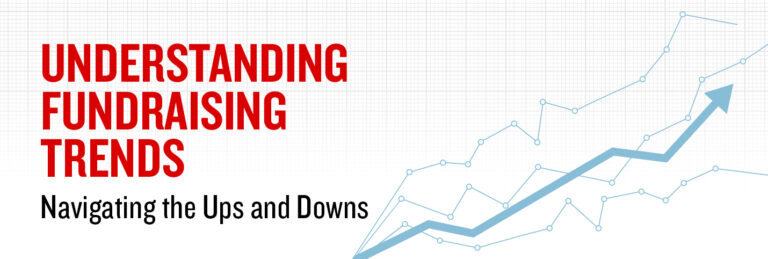ON EARTH PEACE
As we settle into our own family Christmas, we do so as our second year of the worldwide COVID pandemic draws to a close. Over 5 million human beings have lost their lives to this deadly virus, and it is estimated that nearly 800,000 Americans are counted among them.
Here in the U.S., there is a great deal of disagreement over these numbers and the methods of treatment—in addition to an extreme lack of unity on many other issues in our divided society today.
Many of us are looking for a sense of perspective at this extremely unsettling time. As for me, I often turn to history with the hope of learning from the past to better understand the present . . .
Having recently studied the events of 1921, it helped me see more clearly what our great-grandparents and grandparents saw on the world stage 100 years ago—and I’m amazed at the many parallels between that year and 2021.
In 1921, the first tuberculosis vaccine was administered in Paris, France to a newborn child. In that same year, future president Franklin Delano Roosevelt contracted the poliovirus at age 39. Largely attacking children, it became one of the most feared viruses in the United States, even as the world was still recovering from the massive loss of life due to the Spanish flu—another horrific virus that ended the lives of an estimated 650,000 Americans.
There were also grave political happenings in 1921 that would play out in both hot and cold wars in the decades ahead, impacting every North American household. Russia was asserting itself in its drive to become the U.S.S.R. In that year, Communist parties were being formed in China, Czechoslovakia, Portugal, and Spain. Adolf Hitler was rising to power in an economically shattered Germany and Austria following the close of World War I. It was in 1921 that he was named “Fuhrer” by the Nazi party. World War II was less than two decades into the future.
Racial prejudice in America at that time remained deeply rooted and widespread. In 1921, tensions were high when the Tulsa Race Massacre occurred, leaving approximately 300 dead, 1,250 homeless, and 6,000 people imprisoned.
Now, if you couldn’t tell already, I love history—so much so, I have a degree in it. And I enjoy pausing to look back on our history because it offers two major perspectives for today: encouragement for how much we’ve grown as a result and a challenge for further growth as we impact the future.
It’s clear 1921 held some heavy events that would drastically change the course of the future, and just a century later, we can see some parallels to the heaviness we’ve all felt in this ongoing pandemic. But when we look back on 2021 years from now, how will we choose to see it? Will we remember it as the season we chose to slow down and cherish time with loved ones? Will we recall our efforts toward reconciliation, despite our differences? Will we have been a part of what was right with the world? . . .
Maybe you’re not a student of history like me. But I do hope you have time over the holidays to reflect on what matters most to you. And as you do, I want to leave you with a few final thoughts in remembrance of the very first Christmas, that eternity-changing night when the Prince of Peace was born:
“Suddenly a great company of the heavenly host
appeared with the angel, praising God and saying,
‘Glory to God in the highest heaven,
And on earth peace to those on whom his favor rests.’”
—Luke 2:13-14 NIV
May you experience God’s peace, now and in your own time of testing. The reality is, there’s nothing new under the sun. But the truth is, God’s unfailing love is sufficient to sustain us through it all. It is my prayer for you this season that you experience His love like never before as you rest in these simple truths:
God’s love gives us the ability to rise above all our differences . . . His love enables us to love and understand each other . . . and His love empowers us to still greet one another with hope for better days ahead!
Have a joyous Christmas!
Doug Shaw
Related articles
-

More Than Just Work
As a young Christian professional navigating the conundrum of aligning my beliefs into a purposeful career, I’ve been blessed to…
-

What to Think of Artificial Intelligence and Its Impact on Fundraising . . .
In trying to summon an image to represent our theme for this issue of Donor Focus, I found myself drawn…







